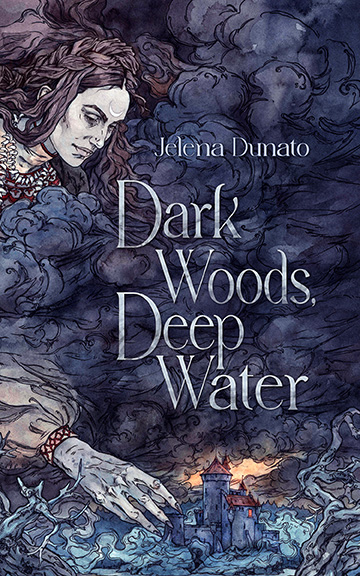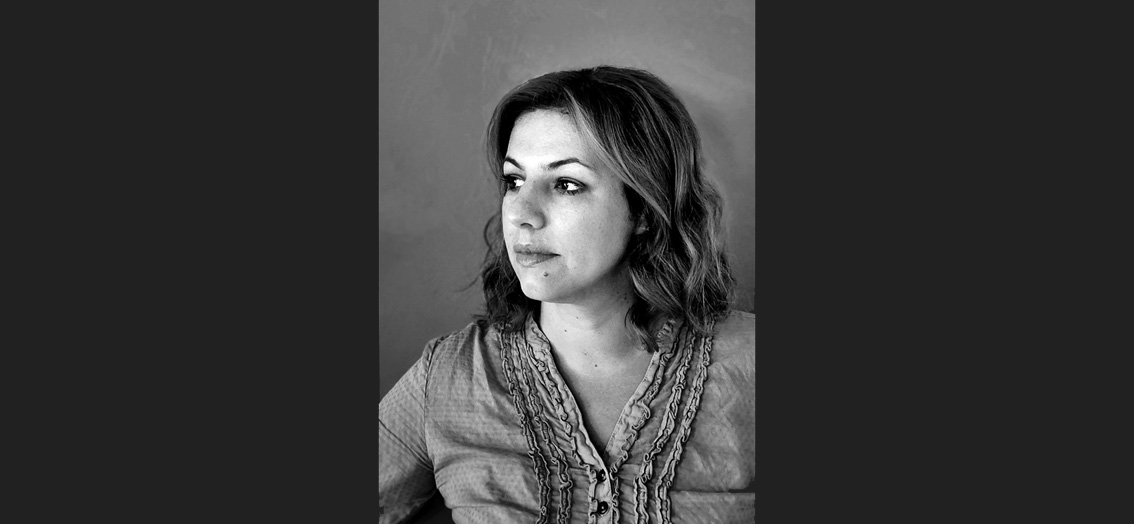Translating a Culture - Jelena Dunato
13 Sept 2023As the publishing world slowly and sometimes begrudgingly becomes more diverse, the term ESL (English as a second language) is often used to refer to authors whose first language is not English. Some writers object to it, and I can see why: although my mother tongue is Croatian, English has never been a second language for me – it has always been a parallel one.
In my line of work, English is both a necessary requirement and a voluntary choice. A requirement because Croatian is a very small language with a tiny book market, so if I want my novels and stories to find readers, I must write in English. A choice because I never felt the pressure to learn English – I’ve loved it since the first contact, and I’ve learnt it without trying. I’ve always been surrounded with books, movies and songs in English and it felt natural to adopt it as a way of expressing myself on everyday level.
But while the language felt natural, the culture was a very different story. Anglo-American cultural influences are so strong that sometimes they seem ubiquitous and inevitable. Therefore, it’s natural to expect most readers will understand those references. Croatian culture, on the other hand, is unfamiliar to Anglo-American readers and I’m always careful when including specific details, lest they alienate the readers, or turn into “exotic” ornaments. Even if I’m not translating my stories into English, but writing them from scratch, I often feel that I’m translating my culture, which is an even more difficult task.
My novel, Dark Woods, Deep Water is an example of this – the text was written in English, but the culture had to be translated, because the novel uses the history of the Eastern Adriatic and some elements of Slavic folklore as its backdrop. It created a strange dichotomy in my head: writing about the topics close to my heart in a language that’s not my own. I obsessed about the right measure of the “diverse” content: the names, the places, the mythology, the history. I did not want to make my book feel too foreign for the Anglo-American readers, but at the same time, I didn’t want to betray my own origins and turn them into something bland and vaguely “Slavic”.

I worry incessantly how the readers will respond to this – the language that might seem off to them, the cultural references that might not be instantly recognizable. From the early responses, it seems that some details that worried me, like the geography and history of my secondary-world kingdom, the references to the trauma of a recent war – are received and understood with hardly any negative feedback. The names are a tougher nut to crack – even though I was careful not to use overly long or unpronounceable names, people still manage to spell them wrong. But I suppose that the curse of the weird names is something every fantasy writer must deal with.
Some bigger things, which I didn’t even perceive as problems while writing, seem to confuse the readers. The structure of the narrative, fragmented, stretched over forty years and split among three POV’s, turns some readers off. There have been a few discussions recently about how different cultures have different narrative structures and not all stories can be squeezed into the standard three-act structure nor adapted to follow Save the Cat beats. I know that mine couldn’t, and that deviation from the expected form might have made my book feel more “foreign”. However, it’s hard to me to say whether this structure had been a personal or a cultural choice – I just know that the story I wanted to write demanded it.
Another thing that seems to bother the readers is the tone of the book. Now, I don’t want to be salty, but when a book is called Dark Woods, Deep Water, a certain amount of darkness should be expected, right? It’s not grimdark, though, it’s a blend of dark fantasy and Gothic horror. And yet, it seems to me that the readers are more willing to tackle the outright gore, the bloody horror, the pure evil, than an all-encompassing sense of sadness, the injustice, the undeserved bad fortune. The unfairness, the lack of catharsis, the casual cruelty of the world seems to bother some people. And I must admit that, although Dark Woods, Deep Water is filled with irony and dark humour and has a very tongue-in-cheek approach to politics and power, it is in its core a sad book, a book about unfortunate choices and malicious fate. I suspect this might be a Slavic thing – in general my stories seem to have a layer of morbidity US readers and editors tend to dislike. I understand that in the current dark times people want the comfort of uplifting stories, but to me, darkness is comforting because it shows me I am not alone and, even if the world is hostile, there’s still some empathy left in it.
So, in conclusion, being an ESL writer incorporates much more than writing in a foreign language. It feels like adapting your whole identity to another culture, translating your own cultural references into something your readers will understand and becoming aware of your own bias – of the burdens of your worldview, of your narrative heritage, of the way the stories you heard as a child influence your writing.
As an author whose debut novel in English is just coming out, I worry how the readers will receive it, but I also refuse to underestimate them. After all, as an avid reader myself, I am familiar with the pleasure of being introduced to something unfamiliar and strange, with the reward that comes with trusting the writer and letting go of your expectations. Books opened so many different worlds to me, and whenever I embark on a new literary journey, I know I want the writer to take me somewhere I’ve never been before.
About the author

Jelena Dunato is an art historian, curator, speculative fiction writer and lover of all things ancient. She grew up in Croatia on a steady diet of adventure novels and then wandered the world for a decade, building a career in the arts.
Jelena’s stories have been published in Beneath Ceaseless Skies, The Dark, Future SF and Mermaids Monthly, among others. She is a member of SFWA and Codex.
Jelena lives on an island in the Adriatic with her husband, daughter and cat.
You can connect with her on Twitter / Instagram / Bluesky / her personal website
